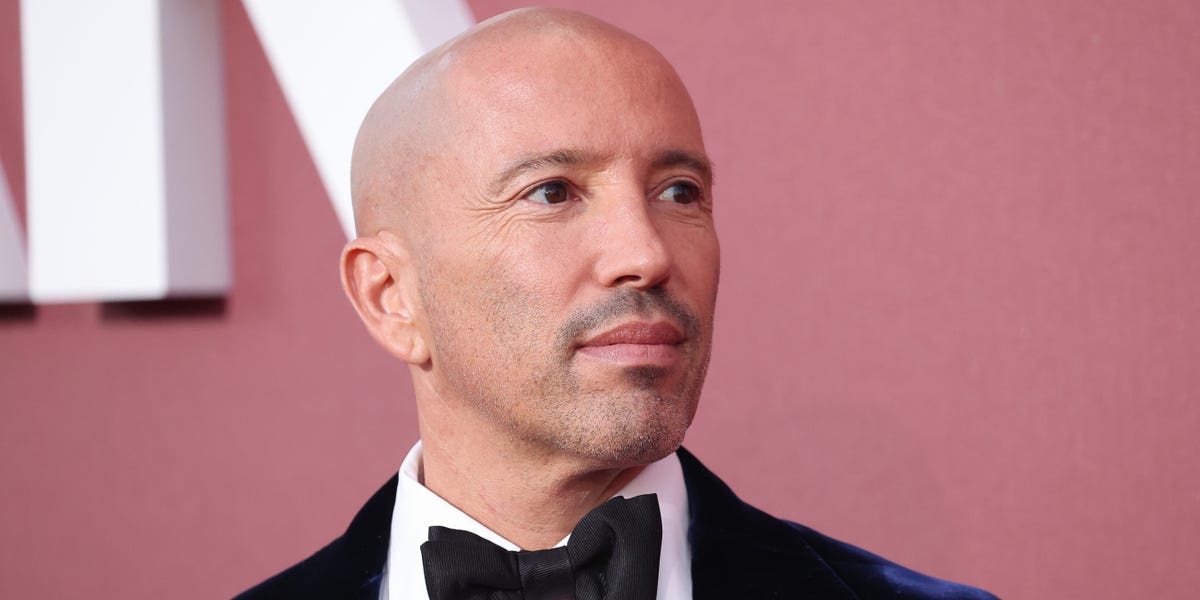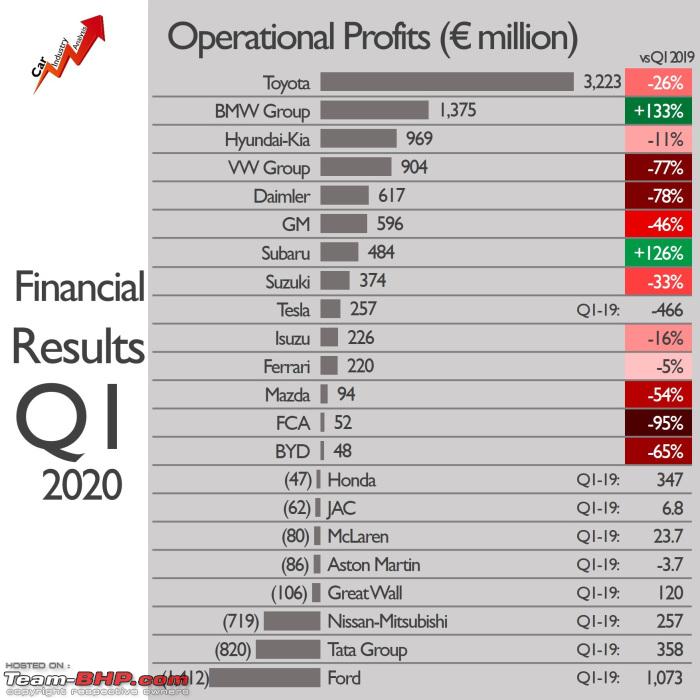Activision Blizzard Deal: FTC's Appeal Against Microsoft

Table of Contents
The FTC's Concerns Regarding Competition
The FTC's core argument centers on the potential reduction of competition in the gaming market, particularly concerning the immensely popular Call of Duty franchise. The commission believes that Microsoft acquiring Activision Blizzard would give them undue control over this lucrative title, significantly impacting rivals.
- Potential for Xbox Exclusivity: The FTC argues that Microsoft could make Call of Duty exclusive to Xbox consoles and its Game Pass subscription service, significantly harming competitors like Sony's PlayStation. This would give Microsoft an unfair advantage, potentially driving PlayStation players to switch ecosystems or leaving them without access to a beloved franchise.
- Impact on PlayStation and Other Gaming Platforms: Losing access to Call of Duty could severely damage PlayStation's market share and appeal to consumers. The FTC's concerns extend beyond PlayStation, encompassing other gaming platforms and cloud gaming services that rely on a diverse and competitive game landscape.
- Defining the Relevant Market: A critical aspect of the FTC's case involves defining the relevant market. The commission argues that the market is not just limited to console gaming but also encompasses cloud gaming and other subscription services, where Call of Duty plays a significant role.
- Evidence and Expert Testimony: The FTC has presented significant evidence, including internal Microsoft documents and expert testimonies, to bolster its arguments regarding anti-competitive behavior and the potential harm to consumers.
Microsoft's Defense Strategies
Microsoft has vigorously defended itself against the FTC's allegations, arguing that the acquisition would actually benefit the gaming industry and consumers. Their counterarguments focus on several key points.
- Promises to Keep Call of Duty on PlayStation: A central part of Microsoft's defense involves its repeated commitment to keep Call of Duty available on PlayStation consoles for years to come. These pledges aim to demonstrate that the acquisition will not lead to the exclusion of rivals or consumers.
- Arguments Regarding Market Dynamics: Microsoft points to the already competitive nature of the gaming market, emphasizing the existence of multiple successful platforms and a wide range of games available to consumers. They argue that their acquisition will not significantly alter this dynamic.
- Proposed Concessions and Remedies: To address some of the FTC's concerns, Microsoft has reportedly offered concessions and remedies, although the specifics remain under wraps due to ongoing legal proceedings.
- Investments in Cloud Gaming: Microsoft has highlighted its significant investments in cloud gaming, arguing that this expansion will benefit consumers by providing greater access to games across various platforms. This expansion is framed as a pro-competitive measure, rather than a tool for monopolistic practices.
The Appeal Process and Potential Outcomes
The FTC's appeal to a higher court marks a crucial stage in the legal battle. The appellate court will review the lower court's decision and consider the evidence presented by both sides.
- The Appellate Court's Role: The appellate court will scrutinize the lower court's interpretation of antitrust laws and the evidence presented. Their focus will be on whether the lower court correctly assessed the potential anti-competitive effects of the merger.
- Potential Outcomes: The appeal could result in several outcomes: the appellate court could affirm the lower court's ruling, reverse it, or remand the case back to the lower court for further proceedings.
- Timeline for the Appeal: The appeal process can be lengthy, potentially spanning months or even years, involving various filings, hearings, and deliberations.
- Ramifications for Future Mergers and Acquisitions: The outcome of this appeal will set a significant precedent, impacting future mergers and acquisitions not only in the gaming industry but also in the broader tech sector. It could influence how regulators approach similar transactions going forward.
Impact on the Gaming Industry and Consumers
The success or failure of the Microsoft-Activision Blizzard deal will have far-reaching implications for gamers and the gaming industry at large.
- Price of Games: The acquisition could affect game prices, either through increased competition or potential consolidation of pricing power.
- Game Availability: The availability of certain games, particularly Call of Duty, could be directly affected depending on the outcome of the appeal.
- Innovation in the Gaming Sector: The consolidation of power could stifle innovation or, conversely, foster it through increased investment and development.
- The Future of Cloud Gaming: The deal's impact on cloud gaming will depend on how access to titles like Call of Duty is managed after the acquisition.
Conclusion: The Future of the Activision Blizzard Deal and FTC Enforcement
The FTC's appeal against Microsoft's acquisition of Activision Blizzard presents a complex legal battle with significant implications for the gaming industry and antitrust law. Both sides have presented strong arguments, and the outcome of the appeal will profoundly shape the future of the gaming landscape and set a precedent for future tech mergers. The FTC's concerns regarding competition and market dominance are countered by Microsoft's promises of continued platform availability and investments in cloud gaming. Staying abreast of the developments in this case is crucial for understanding the evolving dynamics of the gaming industry and the enforcement of antitrust regulations. Stay updated on the Activision Blizzard deal and its implications for the future of the gaming industry. Follow our blog for continued coverage of the FTC's appeal against Microsoft and other key developments in the Activision Blizzard acquisition. Learn more about the implications of this antitrust case.

Featured Posts
-
 Od Djevojcice Do Zene Nevjerojatan Rast Elle Travolte
Apr 24, 2025
Od Djevojcice Do Zene Nevjerojatan Rast Elle Travolte
Apr 24, 2025 -
 La Fires Fuel Landlord Price Gouging Claims A Selling Sunset Star Speaks Out
Apr 24, 2025
La Fires Fuel Landlord Price Gouging Claims A Selling Sunset Star Speaks Out
Apr 24, 2025 -
 Eus Plan To Eliminate Russian Gas From The Spot Market
Apr 24, 2025
Eus Plan To Eliminate Russian Gas From The Spot Market
Apr 24, 2025 -
 Optimus Robot Development How Chinas Rare Earth Policy Creates Challenges For Tesla
Apr 24, 2025
Optimus Robot Development How Chinas Rare Earth Policy Creates Challenges For Tesla
Apr 24, 2025 -
 Teslas Reduced Q1 Profitability A Consequence Of Musks Association With The Trump Administration
Apr 24, 2025
Teslas Reduced Q1 Profitability A Consequence Of Musks Association With The Trump Administration
Apr 24, 2025
